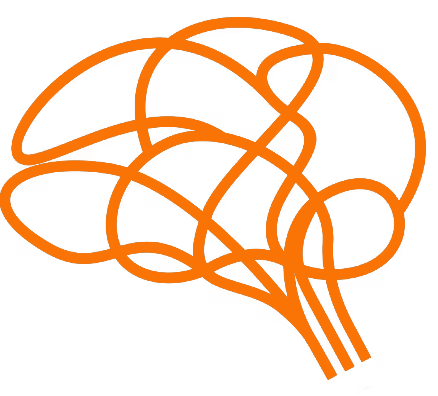General neurology
Suite 260, Atlanta, GA 30345
Call Us: 404.946.9327
Saturday & Sunday: Closed
General neurology
Suite 260, Atlanta, GA 30345
Call Us: 404.946.9327
Saturday & Sunday: Closed

Parkinson's Disease: Progressive disorder affecting movement, often with tremors, rigidity, and slow movement.
Essential Tremor: Causes involuntary shaking, often in the hands, which can worsen with stress or movement.
Huntington's Disease: An inherited disorder causing progressive degeneration of nerve cells in the brain, affecting movement, cognition, and behavior.
Alzheimer's Disease: Progressive brain disease causing memory loss, cognitive decline, and behavioral changes.
Dementia (other forms): Umbrella term for cognitive decline severe enough to interfere with daily life, including vascular dementia, Lewy body dementia, etc.
Spinal Cord Injury: Damage to the spinal cord resulting in varying degrees of paralysis and sensory loss.
Peripheral Neuropathy: Damage to nerves outside the brain and spinal cord, causing pain, numbness, and tingling, often in the hands and feet.
Sciatica: Pain radiating from the lower back down the leg, often due to a herniated disc pressing on a nerve.
Stroke: Occurs when blood supply to the brain is interrupted, leading to brain damage and various impairments.
TIA (transient ischemic attack): Occurs when blood supply to the brain is temporarily interrupted, causing transient stroke-like symptoms that resolve in less than 24 hours and leave no evidence of brain damage on brain scans.
Epilepsy: A Neurological disorder that causes convulsions, spells of speech arrest, spells of transient altered responsiveness, staring spells, or passing out spells.
Syncope: This when someone passes out or faints
Transient Global Amnesia (TGA): A neurological condition where a person has total loss of memory for a time, but still is awake, responsive, and able to do things normally. They just do not recall what they did or said for a time.
Multiple Sclerosis (MS): An Autoimmune disease that damages the central nervous system, causing a range of symptoms like muscle weakness, numbness, and vision problems.
Meningitis: Inflammation of the membranes surrounding the brain and spinal cord, often caused by infection.
Encephalitis: Inflammation of the brain, often caused by viral infection.
Brain Tumors: Abnormal growths in the brain, which can be benign or malignant.
Hydrocephalus: Buildup of cerebrospinal fluid in the brain, causing increased pressure.
Amyotrophic Lateral Sclerosis (ALS): Progressive neurodegenerative disease affecting motor neurons, leading to muscle weakness and paralysis.
MRI (Magnetic Resonance Imaging): Uses strong magnetic fields and radio waves to create detailed images of the brain, spinal cord, and other neurological structures. Excellent for visualizing soft tissues and detecting abnormalities like tumors, lesions, and inflammation.
CT Scan (Computed Tomography): Uses X-rays to create cross-sectional images of the brain and other structures. Helpful for visualizing bones and detecting acute issues like bleeding or fractures. Faster than MRI, often used in emergencies.
MRA (Magnetic Resonance Angiography): A type of MRI that focuses on the blood vessels in the brain and neck. Used to detect aneurysms, blockages, and other vascular abnormalities.
CTA (Computed Tomography Angiography): Similar to MRA but uses CT technology and contrast dye to visualize blood vessels. Also used to detect vascular abnormalities.
PET Scan (Positron Emission Tomography): Uses a radioactive tracer to visualize brain activity. Helpful for diagnosing dementia, epilepsy, and other conditions involving changes in brain metabolism.
Ultrasound (Carotid Doppler): Uses sound waves to image the carotid arteries in the neck, which supply blood to the brain. Used to assess for blockages or narrowing of the arteries.
EEG (Electroencephalogram): Measures electrical activity in the brain using electrodes placed on the scalp. Used to diagnose seizures, epilepsy, sleep disorders, and other conditions affecting brainwave patterns.
EMG (Electromyography): Measures electrical activity of muscles. Used to diagnose neuromuscular disorders like myopathy (muscle disorders), muscular dystrophy, ALS, and pinched nerves in the spine.
Nerve Conduction Studies (NCS): Measures the speed of nerve impulse transmission. Often performed with EMG to assess nerve damage associated with peripheral neuropathy for those with numbness/tingling and limb pain.
Evoked Potentials: Measure the brain's response to sensory stimuli (e.g., visual, auditory, somatosensory). Used to assess the function of sensory pathways
Lumbar Puncture (Spinal Tap): Involves inserting a needle into the spinal canal to collect cerebrospinal fluid (CSF). Used to diagnose infections (meningitis, encephalitis), inflammatory conditions (multiple sclerosis), and other neurological disorders.
Muscle Biopsy: Involves removing a small sample of muscle tissue for examination under a microscope. Used to diagnose muscle disorders.
Genetic Testing: Used to identify genetic mutations associated with certain neurological conditions.
Neuropsychological Testing: Evaluates cognitive functions like memory, attention, and language. Used to diagnose dementia, traumatic brain injury, and other cognitive disorders.
Tilt Table Test: Involves measuring blood pressure and heart rate while a patient is tilted in different positions on a table. Can help with the diagnosis of conditions associated with autonomic nervous system dysfunction.
Disease-Modifying Therapies (DMTs): Used for chronic conditions like multiple sclerosis to slow disease progression and reduce relapses. These include injectables, infusions, and oral medications.
Symptomatic Medications: Address specific symptoms like pain, tremors, seizures, or muscle stiffness. Examples include pain relievers, anti-epileptic drugs, and muscle relaxants.
Antiplatelet Medications (e.g., Aspirin, Clopidogrel): Used to prevent blood clots and reduce the risk of stroke.
Anticoagulants (e.g., Warfarin, Rivaroxaban): Also used to prevent blood clots, particularly in conditions like atrial fibrillation that increase stroke risk.
Immunosuppressants: Used to suppress the immune system in autoimmune neurological disorders like myasthenia gravis or some forms of encephalitis.
Botulinum Toxin (Botox): Injected into muscles to reduce muscle spasms, stiffness, or pain. Used to treat conditions like dystonia, spasticity, and chronic migraines.
Physical Therapy: Helps improve strength, balance, coordination, and mobility. Used in rehabilitation after stroke, traumatic brain injury, or for conditions like Parkinson's disease.
Speech Therapy: Helps patients with speech, language, and swallowing difficulties, often after a stroke or with conditions like aphasia.
Cognitive Rehabilitation: Helps patients with cognitive impairments improve memory, attention, and other cognitive functions. Used after brain injury or for dementia.
Vestibular Rehabilitation: Helps patients with balance disorders improve their balance and reduce dizziness.
health problems?
Contact us today!
NE Suite 260
Atlanta, GA 30345
Saturday and Sunday: CLOSED



